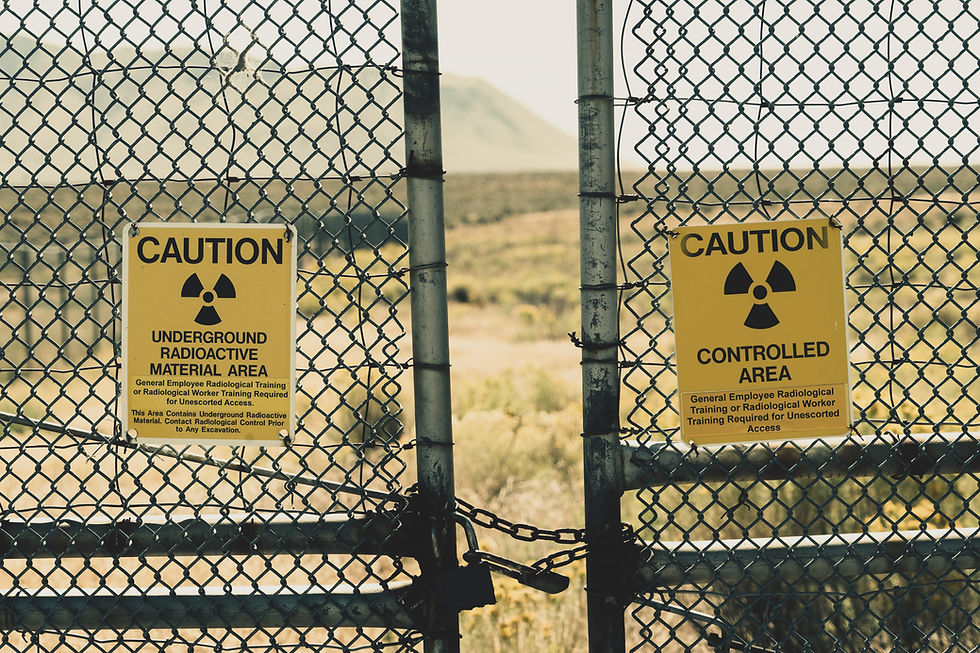VA changes for sleep apnea are coming soon. What does this mean medically?
- MRPY Professional Services

- Jan 13, 2025
- 3 min read
Veterans, you might've already heard: VA changes for sleep apnea are coming soon. There has been a lot of talk about it (like here, and here too). Nothing has been stated officially yet, however, so we're not here to speculate on changes that aren't yet solidified – but we do want to talk about what this means medically for veterans.
The VA uses a lot of medical terminology that isn't common knowledge, making it confusing for veterans to understand how changes will affect them. We recommend getting familiar with these terms now to figure out what documentation will be needed before the changes formally go into effect.
You can read the proposed changes here directly from the VA, but remember: it's not official yet.
Here are a few medical terms regarding this incoming update that veterans need to know:
Objective evidence
In regards to VA disability benefits claims, objective evidence means measurable, verifiable, and factual information that can be compiled in the form of documentation to verify a veteran's condition. This is a component to the proposed changes, meaning that veterans will need medical documentation and more specialized data – such as from a sleep study, not only treatment notes. A personal statement does not count toward objective evidence.
End organ damage
End organ damage is a proposed requirement for veterans to earn a 100% rating on sleep apnea. This refers to lasting damage to major organs that occurs as a result of chronic or untreated medical conditions – in this case, sleep apnea. The following are examples of end organ damage that can be caused by sleep apnea:
Hypertension (high blood pressure)
Left Ventricular Hypertrophy (LVH)
Atrial Fibrillation (Irregular Heartbeat)
Heart Failure or Coronary Artery Disease (CAD)
Fatty liver disease
Kidney disease
Cognitive dysfunction
Basically, end organ damage means that your labs are abnormal and that's the quantitative piece that the doctors use to measure. The findings need to be permanent, meaning they are NOT resolvable lab findings (those do not count as end organ damage).
Comorbid conditions
Within the VA's proposed changes, they describe comorbid conditions as "conditions that, in the opinion of a qualified medical provider, directly impede or prevent the use of, or implementation of, a recognized form of treatment intervention normally shown to be effective." So basically, if you have another condition that is preventing the treatment of your sleep apnea, this can get you a higher rating percentage. Comorbid conditions can be any condition that might occur at the same time as sleep apnea, interfering with the ability to treat it.
Unable to use treatments
If a veteran is unable to use treatments due to a comorbid condition, or has ineffective treatments (which would be determined by a sleep study), then they'll have a higher rating percentage. In this context, "ineffective" could mean that the CPAP machine improves but does not resolve the condition or get you back to your baseline.
Get prepared for your VA disability benefits claim
Preparing for a VA disability benefits claim can be confusing. What do you need, and what form should you even start with? We're here to make it a smooth and simple process by getting you proper documentation that makes a difference. Nexus Letters, DBQs, chart reviews, and more – we can help you get what you need. Sign up for a chart review, and view other services here. Rather than going it alone, work with one of our professional medical experts to get exactly what you need without all the confusion.





Comments